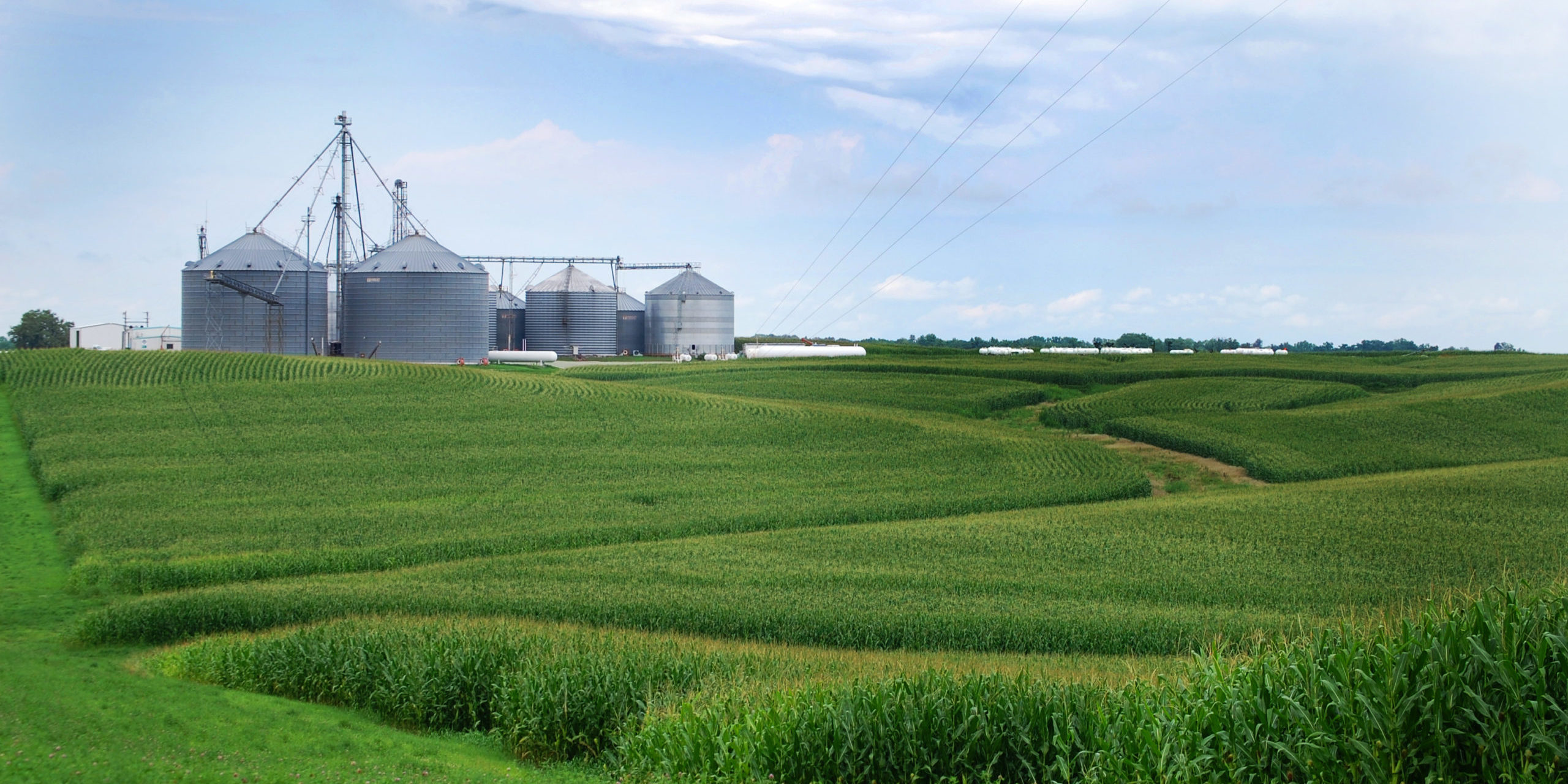We must not weaken the farm safety net.
That was one of the messages esteemed ag economist Dr. Rob Johansson shared on this month’s episode of Groundwork.
Dr. Johansson is the Associate Director of Economics and Policy Analysis at the American Sugar Alliance (ASA), a position he recently assumed after previously serving as Chief Economist at the U.S. Department of Agriculture.
He expressed enthusiasm about his new position, saying, “There’s a long rich history of sugar production in the U.S. And there’s an equally long history of sugar policy in the U.S. … I’ve got a lot to learn. And I’m really excited to learn about it, and to dig in and to meet the producers!”
Dr. Johansson is joining ASA at a pivotal moment, as American agriculture looks towards recovery after a brutal few years and Congress begins considering the direction of federal farm policy with the 2023 Farm Bill.
While there is hope on the horizon and farmers welcome the recent upturn in commodity prices, the truth is that farming remains a high-stakes operation and there is still an immense amount of uncertainty in rural America.
Dr. Johansson set the record straight when asked about the some of the same old criticisms trotted out again and again by farm policy critics, such as the notion that farmers do not need a safety net.
“Ultimately, there’s a lot of farms out there that are just breaking even on their operations,” Dr. Johansson said.
Many farmers and ranchers cannot make ends meet with the income from farming alone, Dr. Johansson explained, with some studies estimating that up to 90 percent of farmers and ranchers rely on the income and benefits of an off-farm job.
And farming and ranching families have certainly seen their fair share of challenges. In the past several years alone, rural America has experienced the COVID-19 pandemic, historic flooding, searing drought, devastating wildfires, a record hurricane season, the loss of overseas markets… the list goes on.
“Without a strong Farm Bill safety net, standing disaster programs, crop insurance and commodity programs, many of those farms would have had to close down and sell over the last four years with all the challenges we’ve seen,” Dr. Johansson said.
Looking forward, maintaining a robust crop insurance program has become even more important as farmers and ranchers continue to invest in sustainable agriculture. Agriculture is on the front lines against our climate crisis and Dr. Johansson believes that crop insurance is a strong and versatile risk management tool that should absolutely be a part of a farmer’s toolbox.
“Scaling back on [crop insurance] at this time is not a good idea,” Dr. Johansson said simply.
The federal crop insurance program is just one component of the farm safety net. Dr. Johansson credits the flexibility of the entirety of federal farm policy with being able to support a vibrant and diverse supply of food, fiber and fuel.
From biotech plants engineered to use fewer inputs to organic commodities, from corn to clams to citrus, farmers large and small can find support in federal farm policy.
We appreciate Dr. Johansson for joining this episode of Groundwork. Listen to the full episode here.

